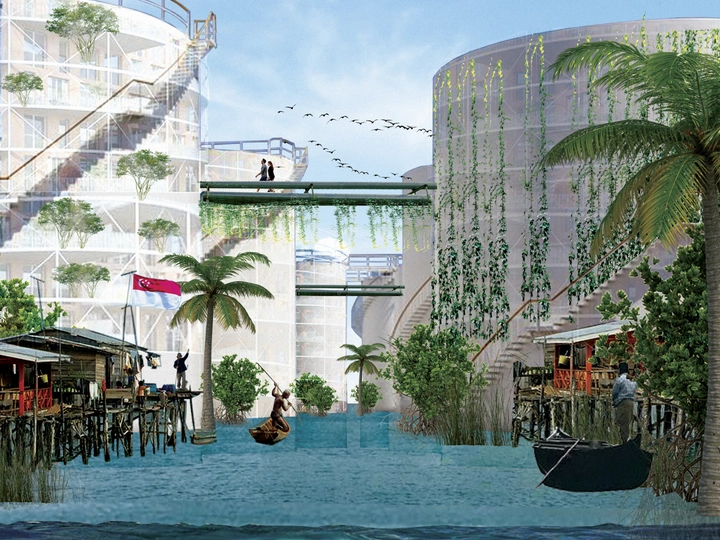After Shell

Duygu Toprak
I’m a designer by trade, educator by profession and activist by inclination. I work at the intersections of postcapitalist politics, commoning practices and climate justice campaigns. I specialise in creative-strategic communications, grassroots community building and making the just transition inevitable. I have been active in European climate justice movement since 2009. I co-founded disobedient action collectives (codeROOD, Fossil Free Culture, Queers4Climate) and co-developed the creative and strategic framework of Climate Games (peer-to-peer disobedience platform) and Shell Must Fall (mass disruption of shareholder meetings). I co-initiated the social housing projects NieuwLand (postcapitalist urban commune, where I currently live) and de Nieuwe Meent (cooperative based on patterns of commoning, currently under construction). My PhD in Cultural Analysis from University of Amsterdam is on commoning practices in postcapitalist design. I was the 2022 Artist in Residence at the Amsterdam Academy of Architecture and I currently teach New Earth (eco-social design) at Willem de Kooning Academy in Rotterdam.
In July 2022, I convened an 8-day summer school for 90 students of architecture, urbanism and landscape design at the Academy of Architecture Amsterdam. Entitled 'After Shell', it was intended as an encounter between climate justice organisers and spatial design professionals to build bridges for a just transition.
The students were first initiated to climate justice by an all-women team of grassroots movement leaders. They displayed a frank, confrontational attitude that pushed the students out of their comfort zones. After a two-day crash course, groups of students were assigned a piece of (Royal Dutch) Shell infrastructure (offices, refineries, pipelines, oil rigs), each site marked by a history of depletion, disaster or injustice. The students were then asked to imagine scenarios for the rapid, responsible and justice-based decommissioning and repurposing of these environmental conflict and sacrifice zones. Rather than of proposing a singular designerly gesture frozen in time, each assignment day fast-forwarded ten years, capturing different stages of the transition over the coming decades. The event culminated in a performative finale, held in the former Shell office canteen, where the groups presented their work in the form of storytelling from preferred futures.
This gathering was a provocation and an invitation to spatial designers: Do we have what it takes to design for the eco-social transitions ahead? Are we capable of letting go of eco-modernist, solutionist, techno-fix ideologies? Can we put our skills and privilege at the service of the most affected communities? The outcome was compiled in a weighty wall calendar spanning four decades, from 2020 to 2060. Each page features an image and a caption, a daily reminder of our generation's task: a necessary, overdue and inevitable just transition. Copies of the calendar have been sent to the Prime Minister of the Netherlands and the CEO of Shell.